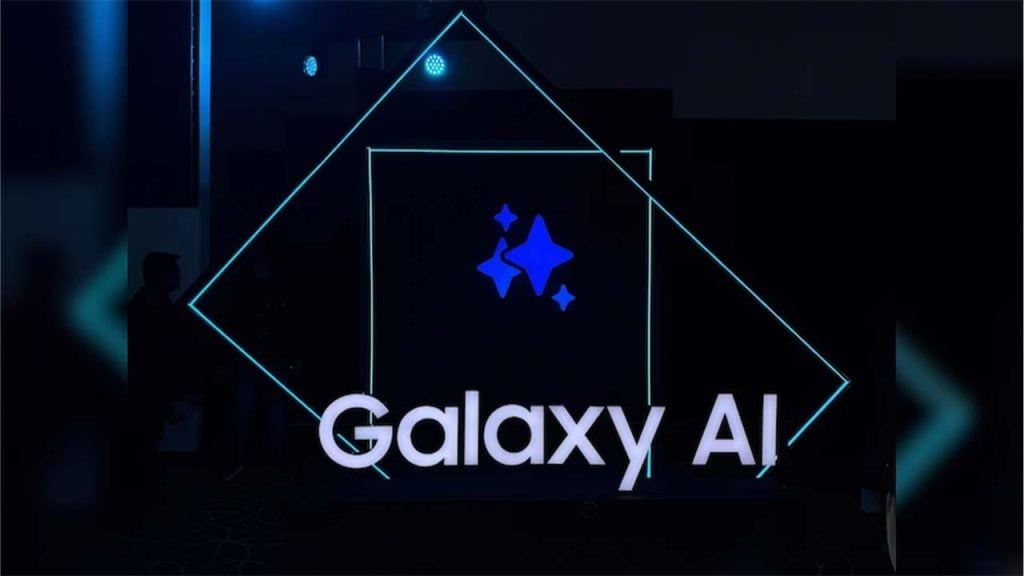Very, very soon, 2020 will be over. Did it take an eternity to get here, or did the year fly past for you? We’ve commissioned a run of end-of-year stories that touch on what happened in tech over the last 12 months, how we’re on the brink of a processor revolution, how Twitch kept its streaming crown, as well as our favorite games and gadgets of 2020.
It’ll be January 1st 2021 tomorrow, and we’ll be switching gears from seasonal holidays to CES preparation, contending with the Las Vegas show as it goes online-only.
-- Mat Smith
2020 put us on the edge of a processor revolution
Upscaled looks back at a big year for CPUs.
This end-of-year Upscaled episode focuses on AMD and Intel’s recent processor endeavors, with high-end chips like Zen 3 and “Comet Lake” going up against each other. At the same time, Apple launched its first PC processor, the M1. Next year could be even more interesting -- and challenging for Intel.
Continue reading.
Apple suffers a loss in lawsuit against maker of iPhone emulators
It sued Corellium for offering security researchers access to a 'virtual iPhone.'
Last year, Apple sued security start-up Corellium, accusing it of violating copyright law with its “virtual” iPhones that can help researchers find bugs in iOS products. Now, a federal judge in Florida has tossed Apple’s copyright complaint, giving Corellium a major victory in its legal battle against the tech giant.
The software gives security experts deeper access to iOS even without a physical iPhone installed with special software. Apple said that Corellium was selling its product indiscriminately, compromising the platform’s security.
Continue reading.
LG Display's transparent OLED puts a screen between you and the sushi chef
Just one of the many transparent OLED demos planned for CES.
The Korean company is setting up a few physical demos for its online CES 2021 showroom, with the most interesting-looking one (so far) being a restaurant scene featuring a 55-inch transparent OLED screen on the sushi bar.
Diners get to browse the menu or enjoy videos on the big screen, while also watching chefs preparing food behind this futuristic hygienic partition thanks to its 40-percent transparency. By comparison, a transparent LCD only offers 10-percent transparency, according to LG Display.
Continue reading.
Ticketmaster pays $10 million fine after hacking a startup rival
A former Songkick employee shared his login information with execs.
“Ticketmaster employees repeatedly — and illegally — accessed a competitor’s computers without authorization using stolen passwords to unlawfully collect business intelligence,” acting US attorney Seth DuCharme said in a press release. To avoid prosecution over the matter, Ticketmaster will pay a $10 million fine, after settling an earlier lawsuit for $110 million.
According to court filings and previous reports, Stephen Mead left Ticketmaster rival Songkick in 2012 (after signing a confidentiality agreement), and subsequently joined Ticketmaster parent Live Nation. He then allegedly shared Songkick’s login information with Ticketmaster employees, including Ticketmaster’s former head of Artist Services, Zeeshan Zaidi.
‘Co-conspirator 1’, aka Mead, told the execs to “screen-grab the hell out of the system,” and brazenly noted “I must stress that as this is access to a live [victim company] tool I would be careful in what you click on as it would be best not [to] giveaway that we are snooping around.”
Continue reading.
NASA approves two missions to better understand space weather
The agency has set aside around $55 million for each project.
NASA will take part in two missions that could give us the data needed to better understand solar winds and explosions, or space weather as a whole. The agency has officially announced its participation in the Extreme Ultraviolet High-Throughput Spectroscopic Telescope Epsilon Mission (EUVST) and the Electrojet Zeeman Imaging Explorer (EZIE) program.
EUVST is a solar telescope project that will look more closely into how the sun’s atmosphere releases solar winds and spews out solar materials, which affect space radiation levels. Meanwhile, EZIE involves three small satellites which will monitor the auroral electrojet, or the electrical currents above the poles linking aurora to the Earth’s magnetosphere. Scientists want to look into the electrojet, since the same phenomenon that causes the aurora can also interfere with radio and communication signals, as well as damage spacecraft in orbit.
Continue reading.
But wait, there’s more...
Pixel phones only use their new ‘Adaptive Charging’ if your alarm is set between certain hours
'S.T.A.L.K.E.R. 2' trailer promises a 2021 launch, more than 10 years after it was announced
The ESPN+ annual subscription is going up by $10
A new update makes it easier to move apps between the LG Wing's displays
GM's CES keynote will reportedly show off an electric Chevrolet pickup
I tried to play 'Unsung Story' and fell for 'Mario Party' instead
Mapping the Jellyfish Nebula's supernova remnant
January's free PS Plus games include 'Shadow of the Tomb Raider'
Peloton buys the rights to three exclusive Elvis remixes
Amazon has purchased podcast network Wondery
Google experiments with surfacing TikTok and Instagram videos in search
Apple pulled an app that promoted potentially COVID-unsafe parties
https://ift.tt/34XVYRa
Technology


No comments:
Post a Comment